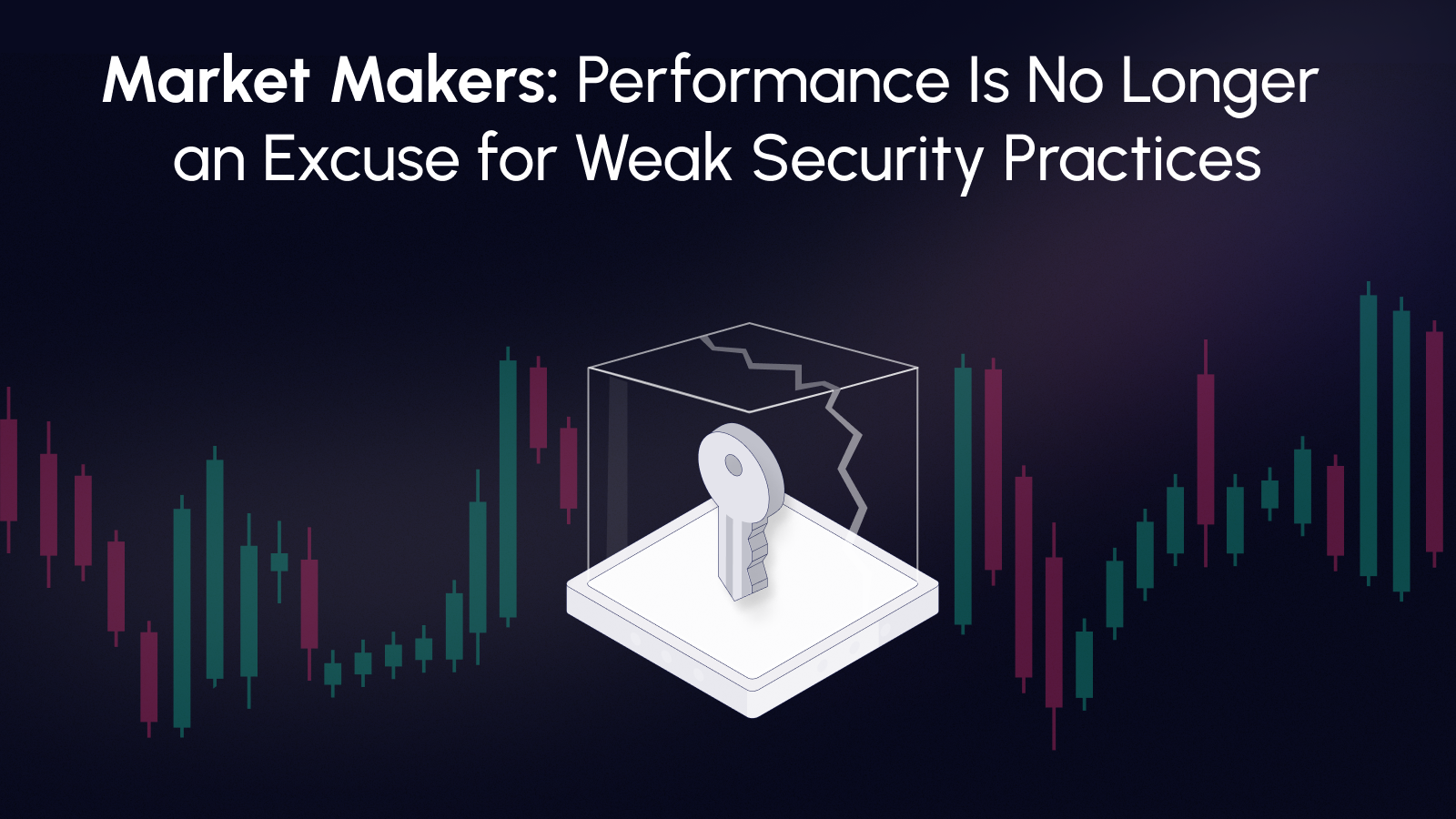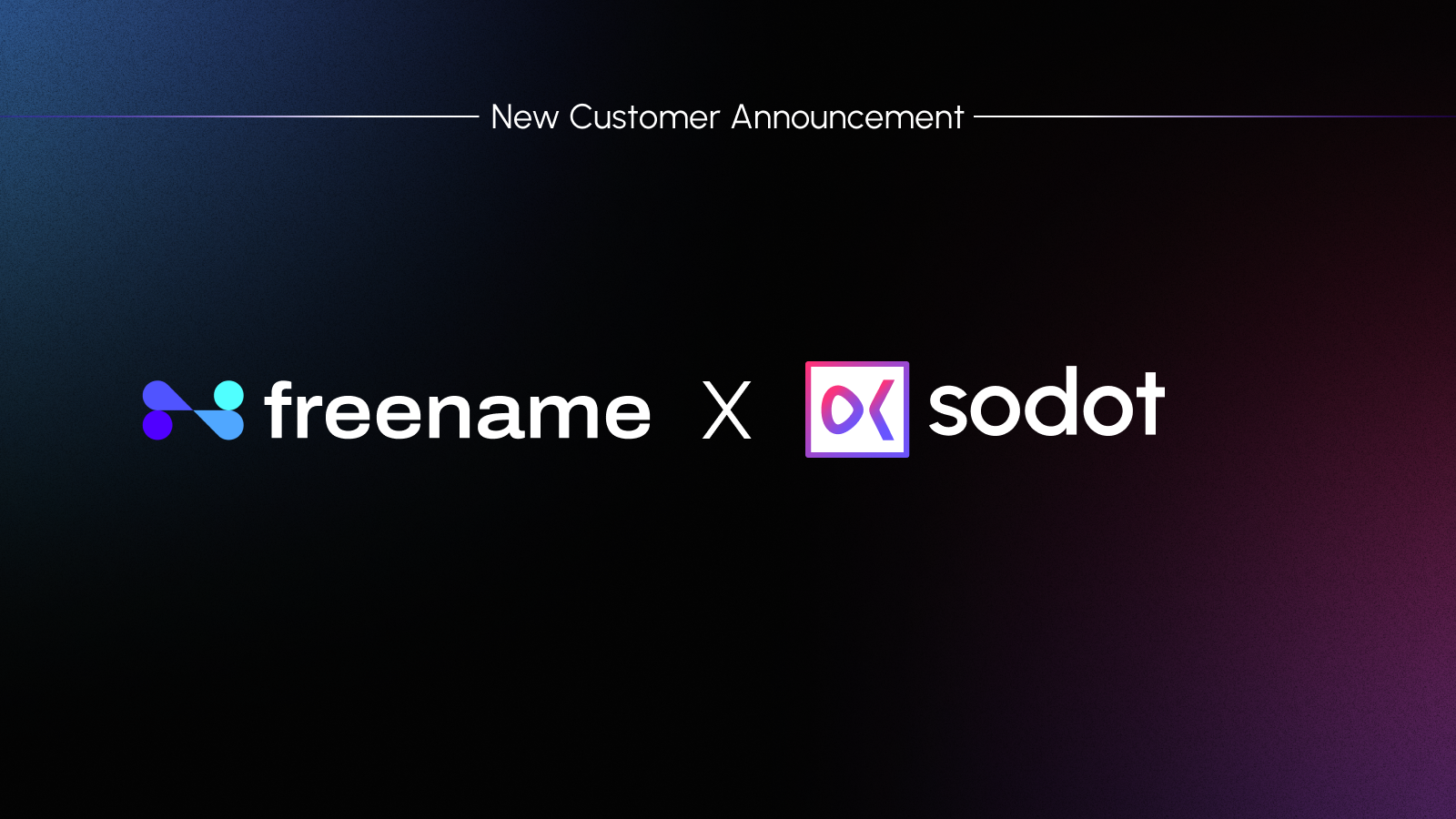According to The Block: “Crypto-AI project Astra Nova suffered a $10 million loss after 8.3% of its recently-launched RVV token’s supply was liquidated on the market. The project said a third-party market maker account was compromised, leading to the loss.....Astra Nova pledged to buy back the same number of tokens from the open market, though RVV’s price fell by half following the incident.”
While many specifics of this incident remain unclear, some basic truths are crystal clear: Market makers carry a grave responsibility when managing project liquidity. When a market maker account is compromised, it's not just keys and funds that are at risk, the project's reputation is too. In crypto, damaged trust almost always shows up first in the price, and token holders bear the loss - sometimes temporary, sometimes permanent.
Trust is hard to earn and easy to lose.
In our calls with market makers and asset managers, the top objection to Exchange API Vault - our solution that applies private-key security best practices to exchange API keys (i.e zero key exposure using MPC and TEEs and enforcing policies on the trader’s side) - has been a concern about performance.
That concern is misplaced.
Exchange API Vault is fully self-hosted and purpose-built for low latency trading. As a result. there is no added latency for trading via FIX and WebSocket, and supports deployment models that keep REST API trading latency neutral as well. All while the keys are protected with enterprise-grade security.
In simple terms: Stronger security, no performance penalty.





